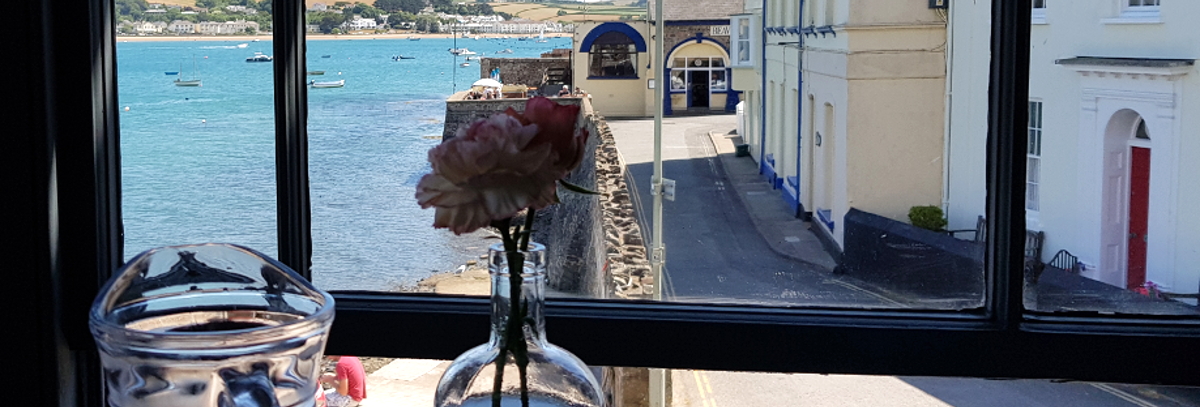
Property owners of the multi-million pound Neo Bankside flats next door to the Tate Modern’s £260 million Switch House Building in London have lost their privacy case at the High Court.
Residents of the spectacular glass walled apartments have stunning views across London’s South Bank, but claim that the relentless stream of visitors to the top floor terrace of the next door gallery has a significant impact on their privacy. The property owners complained of people constantly looking in through their windows, taking photographs, waving and even making obscene gestures, in what they say is being under ‘constant surveillance’. At one point a visitor was even seen using binoculars to look inside the flats!
A 360 degree view of London is one of the attractions on offer at the Tate Modern, where visitors can walk along an enclosed walkway that spans all sides of the building. Over 500,000 visitors use the top floor of the gallery annually, to take in the sights of London that include the Shard and St Pauls Cathedral.
Building of the Neo Bankside flats commenced in 2009, the same year that the proposed extension to the gallery was approved by planning. Residents of four flats and five claimants in the Neo Bankside development have been battling to preserve their privacy since 2016, when the top floor gallery was opened to the public. The Tate argued that residents could just “draw their blinds”.
High Court judge, Mr Justice Mann, said that the claimants have “submitted themselves to a sensitivity to privacy” by installing glass walls in their properties. He suggested a list of ways in which he thought the intrusion could be reduced, including fitting net curtains, installing privacy film or adding well positioned plants.
He said: “These properties are impressive, and no doubt there are great advantages to be enjoyed in such extensive glassed views, but that in effect comes at a price in terms of privacy.”
The Tate Modern Gallery has put notices up asking visitors to “respect our neighbours’ privacy”, and security guards warn visitors not to take photographs of neighbouring properties. However, the property owners wanted the gallery to cordon off parts of the walkway or put up screening to maintain privacy. They are said to be ‘extremely disappointed’ by the result.
The lawyer representing the case, Natasha Rees, said: “The limited steps taken by the Tate to prevent visitors viewing into my clients’ apartments are ineffective, and both my clients and their families will have to continue to live with this daily intrusion into their privacy.” She suggested that they would be considering appealing against the decision.
Acting on behalf of the gallery, Guy Fetherstonhaugh QC stated that he thought it was unfair for “the defendant to lose a valued resource and deny the public the chance to use the viewing platform for its intended purpose, merely to give the claimants an unencumbered right to enjoy their own view.”
The judge looked at all the flats concerned and the gallery itself before reaching his decision, concluding that the view from the Tate was ‘rather splendid’. In his ruling he said that the area the visitors could see most was known as the ‘winter gardens’. These areas were designed by the property developers as indoor balconies, and did not form part of the living accommodation as a whole. However, if the people living in the apartments used this area as an extension of their living accommodation then they were going to be affected by people looking in.
Do you have issues with intrusion of privacy in your home or business?
There are many ways of intruding on our neighbour’s privacy, perhaps even without even realising it. If not handled correctly, offence can be caused by such things as an overlooking CCTV camera, badly positioned security lights, poorly sited trampoline, a hot tub overlooking a neighbouring garden, cutting down a tree that previously offered cover, or cutting a hedge lower than your neighbour would prefer. You could even be breaking the law. If possible, consult your neighbours on any major changes in your garden that might affect them, especially prior to work on boundaries including fencing or hedges, as this could cause issues under the Party Wall Act. Check the planning portal for more advice.
If you do find yourself with privacy issues then think about how you can minimise the invasion, perhaps by using screening and privacy film, or other ways in which you can make a difference to the level of privacy in your home and garden. If it’s a garden issue, planting trees or shrubs can help. If the invasion is too much for you to bear, then you can seek legal representation – or simply move!
If the issue is a boundary matter, seek the opinion of a RICS Chartered Surveyor who will advise you on your rights under the Party Wall Act.

